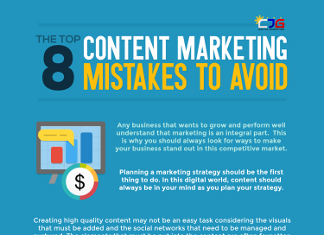Introduction
Social media has transformed the way we communicate, share, and interact, giving rise to a new era of marketing through social media campaigns. These campaigns have evolved into a dynamic and influential tool for businesses, organizations, and individuals to connect with their target audiences on a global scale. In this digital age, social media campaigns have become the driving force behind brand awareness, engagement, and conversion.

- Strategic Planning and Goal Setting
Successful social media campaigns begin with a well-defined strategy and clear objectives. Whether the goal is to increase brand awareness, drive website traffic, or boost sales, a comprehensive plan guides the campaign’s direction. By identifying target demographics, choosing appropriate platforms, and setting measurable key performance indicators (KPIs), businesses can measure the campaign’s effectiveness and make informed adjustments.
- Content is King
At the heart of every impactful social media campaign lies compelling content. Content creation involves crafting messages, visuals, and multimedia that resonate with the audience’s interests and preferences. The content should be both informative and engaging, inviting users to interact, comment, share, and participate in discussions around the campaign theme.
- Embracing Visual Storytelling
Visual elements play a vital role in capturing attention and conveying messages effectively. High-quality images, videos, infographics, and even animations can help tell a compelling story that resonates with the audience. Visual storytelling goes beyond product promotion; it offers an opportunity to showcase the brand’s values, personality, and unique selling proposition.
- Audience Engagement and Interaction
One of the most significant advantages of social media campaigns is the ability to foster direct engagement with the audience. Businesses can respond to comments, address inquiries, and build a sense of community around their brand. Interactive elements, such as polls, quizzes, and challenges, encourage active participation and create a memorable user experience.
- Influencer Collaboration
Influencer marketing has emerged as a powerful strategy within social media campaigns. Collaborating with influencers who have a significant following in the target niche can amplify the campaign’s reach and credibility. Influencers can authentically promote products or services, leveraging their rapport with their audience to generate trust and interest.
- Paid Advertising and Targeting
Social media platforms offer sophisticated advertising options that enable businesses to reach highly specific audiences. Through demographic targeting, geographic filters, and interest-based segmentation, businesses can tailor their campaigns to reach individuals who are most likely to engage and convert. Paid advertising complements organic efforts, ensuring wider exposure and better reach.
- Data Analysis and Optimization
The beauty of digital campaigns is the wealth of data they generate. Monitoring metrics such as engagement rates, click-through rates, conversion rates, and audience demographics provides valuable insights into campaign performance. Regular analysis enables marketers to identify strengths, weaknesses, and opportunities, facilitating continuous improvement and optimization.
Conclusion
Social media campaigns have become an essential part of modern marketing, offering unprecedented opportunities for connection, engagement, and brand growth. These campaigns allow businesses to tap into the immense potential of social platforms to reach, influence, and engage with their target audience. Through strategic planning, compelling content, and genuine interaction, social media campaigns create a bridge between brands and consumers, fostering lasting relationships in the digital realm.
